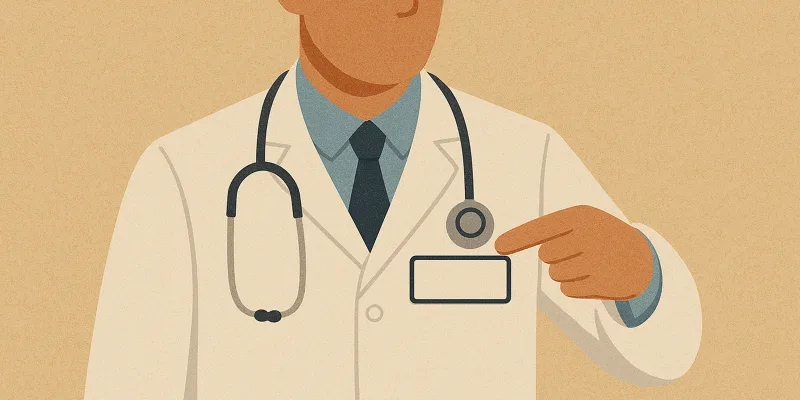I immigrated to the United States seven years ago and I have been surprised by the low, if not nonexistent, mask-wearing during flu seasons. I’ve been told that in the U.S., mask-wearing is a practice relegated to those who are ill, usually severely ill. And the reality is that the majority of sick people do not wear masks — and, in my experience, these are the people that turn out to be open-mouth coughers and sneezers in subways, planes, and cozy restaurants.
Indeed, in this country, it is culturally and politically “correct” to not wear a mark — such that wearing one might actually make you a target for xenophobia-related violence. Recently, an Asian woman was physically attacked because she wore a mask to protect her health. Although this example is extreme, it does not negate the fact that many people do not want to advertise themselves publicly as being “sick” by wearing a mask. In this critical time, reluctance to wear a mask could easily make a bad situation worse.
On a weekend day, just after COVID-19 emerged in the U.S., I was headed to a gym located only six blocks from my apartment. I knew that I would be weaving in and out of crowds filled with people chatting, singing, coughing, and spitting — an almost guarantee of contact with some amount of droplets and particles in the air. I decided to wear a mask to offer a bit more protection for myself. I came across a woman who was talking on the phone. When I passed her, she turned suddenly, yelled in fear, and rushed away. It was a premonitory experience that the spread of coronavirus across the country was going to happen very soon.
The success of COVID-19 control in Taiwan was well described in an insightful viewpoint article published in JAMA. In addition to proactive responses and innovative technology, the public in Taiwan was also possessed of higher health literacy because of its experience with SARS.In Taiwan, mask-wearing is highly respected; indeed, its near universal among citizens, and not just with respect to coronavirus.
Individuals wear masks for a variety of reasons: maintaining a healthy airway, guarding against cold air in winter, traffic pollutants in general, and flu viruses seasonally. In health care facilities in Taiwan, physicians wear masks when approaching patients in both inpatient and outpatient settings. Patients do not consider it harmful for patient-physician rapport — in fact, it is viewed as a measure of protection for the patient’s wellness.
We can argue about the level of effectiveness associated with wearing a mask in the COVID-19 context, but currently, there is not a head-to-head comparative study — and no one can deny that a mask does offer some certain degree of protection.
I believe an individual’s choice should be respected. Panicking, stereotyping, and racial-labeling when an individual wears a mask should be discouraged.
Dr. Lin is a neurologist and movement disorders fellow at Columbia University Medical Center. He is board-certified in both the U.S. and Taiwan and has no conflict of interests to disclose. Dr. Lin’s viewpoints do not represent those of his institution.
Animation by Diana Connolly
Click here to see more perspectives on COVID-19 from the Doximity network.
Click here for up-to-date news about COVID-19 on Doximity.







